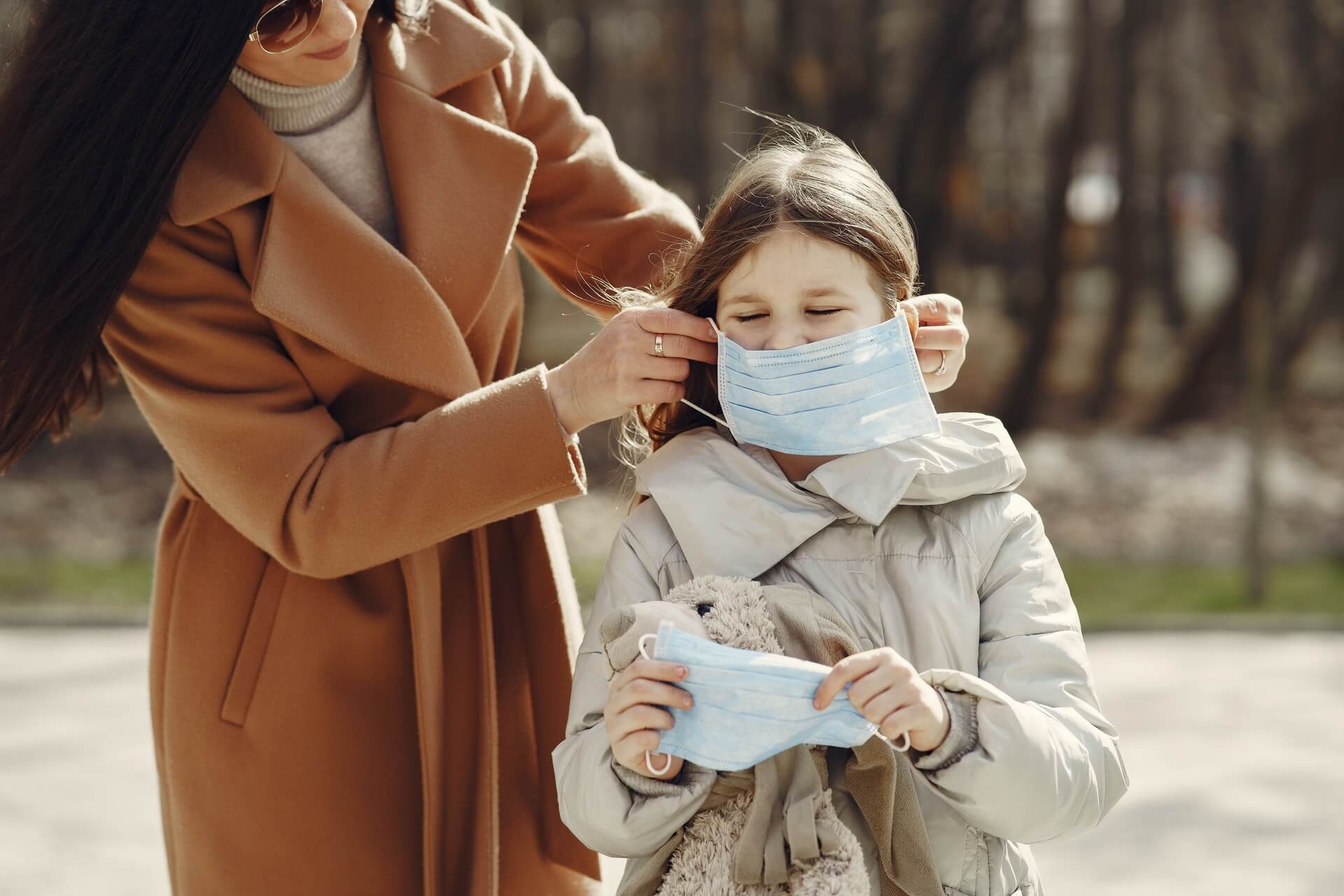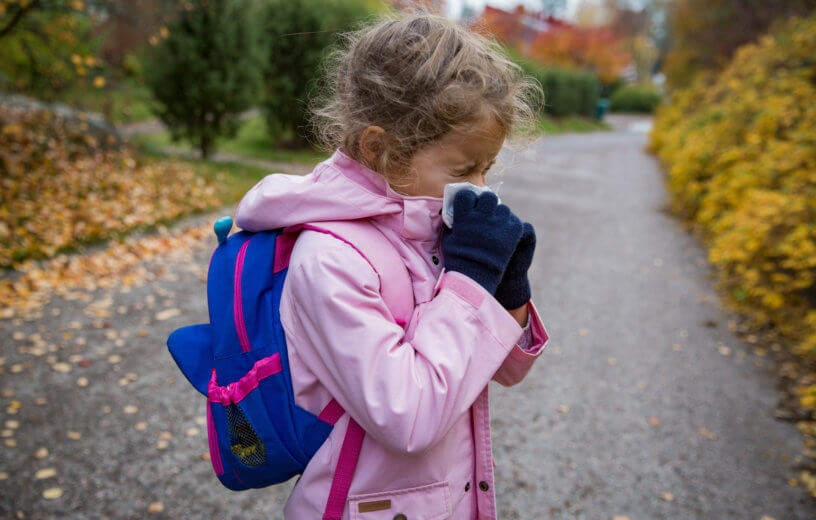SOLNA, Sweden — During the COVID-19 pandemic, it quickly became apparent that the virus tended to affect children with far less severity than adults. Now, new research out of Sweden is suggesting a potential explanation: prior infections by the common cold may provide children with pre-existing levels of immunity to COVID.
Study authors from the Karolinska Institutet say it’s possible for children to gain levels of cross-immunity to COVID-19 thanks to memory T cells generated by more common coronaviruses. Researchers analyzed unique blood samples from children taken before the pandemic to reach these conclusions. Their latest findings identified memory T cells that react to cells infected with SARS-CoV-2 (the virus responsible for COVID-19).
The research team explains that many kids may have already been dealing one of the four coronaviruses responsible for seasonal common cold symptoms. This could conceivably stimulate an immune response with T cells capable of also reacting to cells infected with SARS-CoV-2.
This latest report strengthens that hypothesis, and even confirms T cells previously activated by the OC43 virus can indeed cross-react against SARS-CoV-2.
“These reactions are especially strong early in life and grow much weaker as we get older,” says the study’s corresponding author Annika Karlsson, research group leader in the Department of Laboratory Medicine at the Karolinska Institutet, in a media release. “Our findings show how the T-cell response develops and changes over time and can guide the future monitoring and development of vaccines.”

Coronavirus immunity can start at age 2
All in all, these results strongly indicate that the memory T-cell response to coronaviruses usually develops as early as the age of two. During this project, researchers used 48 blood samples from two and six-year-old children, as well as 94 samples from adults (ages 26-83), and blood samples collected from 58 people who recently recovered from a COVID-19 infection.
“Next, we’d like to do analogous studies of younger and older children, teenagers and young adults to better track how the immune response to coronaviruses develops from childhood to adulthood,” adds Marion Humbert, a postdoctoral researcher currently in the Department of Medicine Huddinge.
Humbert is a joint first author with Anna Olofsson, a doctoral student in the Department of Laboratory Medicine.
In addition to the team at the KI, this study was a joint effort between scientists at the universities of Bern, Oslo, and Linköping.
The study is published in Proceedings of the National Academy of Sciences.

